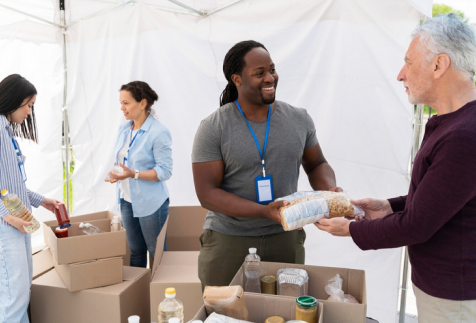Who is Masbia?
Masbia is a not-for-profit charity organization that was founded in April 2005 with one goal in mind – no one should go to sleep hungry, even if they could not afford a meal that day. In 2009, after the great recession, Masbia opened more locations. The expansion was even mentioned on Saturday Night Live. Masbia was actually featured in People Magazine in 2014 as a “restaurant without a cash register”.



